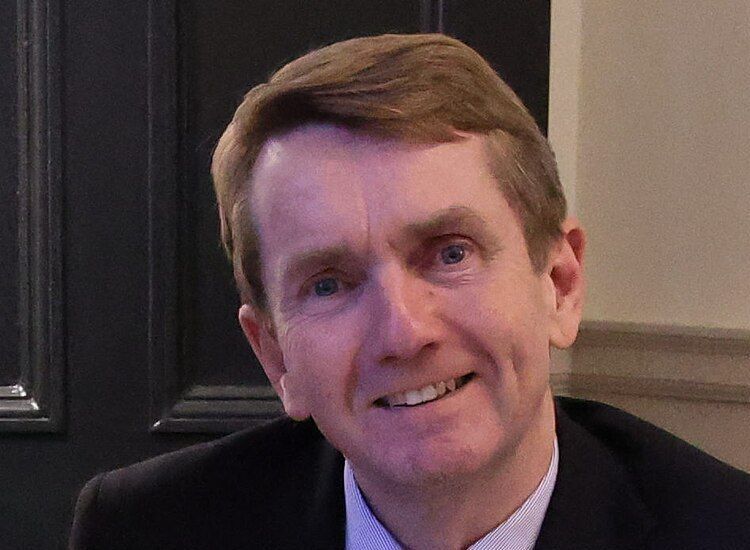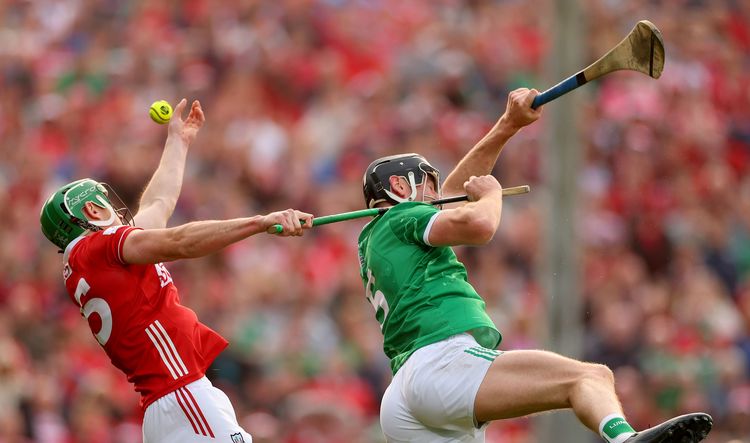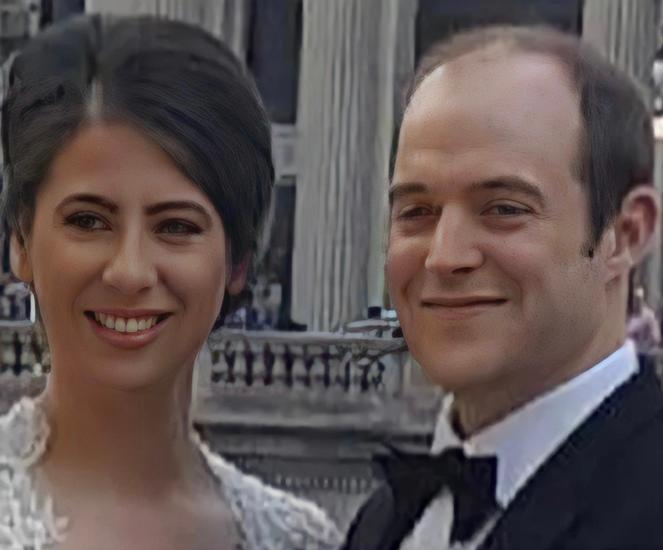"Not one single day goes by without thoughts of our ten heroes of the 1981 Hunger Strike and the smashed hopes of the 1980 Strike," says Terry Kirby, a veteran of the Long Kesh blanket protest.
"The 1980 strike looked to be a success with the Brits promising an end to the strike and a new approach from them. With at least one of the strikers near to death we hadn't a lot of choice, the strike was called off and the rest is history.
"What followed was a total devastation, and it was a feeling we were soon to get used to during the next year. To survive without losing our sanity was nothing less than a miracle.
"We became numb and I believe there was an acute awareness that the actions by the British, indeed were leading to deaths in the H Blocks; one way or another, perhaps being the catapult which would bring the Irish struggle onto the world stage.
"The 1981 Hunger Strike became so inevitable the sadness was palpable. The 1st of March began the long Hunger Strike that would lead to one of the saddest periods of modern Irish history."
Kirby, in the interview, said he wanted to share brief encounters with some of his comrades as he personally knew them. not the media hype that typically surrounds these incredible men and the events in history.
"I was fortunate, he said, "to know several of the ten personally and I shall start with my dear friend and comrade Joe Mc Donnell. For a short while I went with Joe's youngest sister, however my friendship with Joe was much longer. We were interned together and later we served together in the sentenced wings of prison.
"I worked with Big Joe in West Belfast and soon learned that his care and love for our people was immeasurable. It was not long before I began to copy his wonderful style with those who opened their homes to us. He once arranged for a family's couch to be recovered; we both delivered some groceries to a family or two that had been good to us but who we knew to be in financial difficulties. I had a good teacher in my friend Joe McDonnell.
"Kieran Doherty was another comrade I would class as a personal friend. He was known as 'the gentle giant.' Kieran and I played GAA games when we were kids. He was a very clear and concise political thinker. He was a great supporter and advocate for the GAA.
"We were interned together and later went on the run and subsequently we were captured together. Kieran was strong willed. When the prison warders wanted to do a mirror search on him (legs stretched naked over a mirror to examine your rectum) he resisted, the outcome of the refusal was to have his testicles squeezed until he finally collapsed.
"Kevin Lynch was a member of the INLA. He had a kind heart and a great sense of humor but he was a very sincere person. His nickname was Barabas and I heard this story before he was moved into the same cell with me. Before being moved into my cell, Kevin was in a cell across the wing from me. On our wing was a prison orderly (prisoner who works for the prison) who was particularly nasty to our prisoners.
"During the no wash protest, Kevin was in his cell spreading excreta around the wall when he saw this orderly outside his cell window (there actually wasn't any glass in any of the windows). When Kevin saw him he threw a piece of the excreta at the orderly which hit him on the head. Of course this lead to one of the many beatings Kevin received. He was eventually moved into my cell. Kevin made me laugh so much he really helped me. He too was a great one for the GAA, and he was a gifted storyteller.
I first came into contact with Francis Hughes in Musgrave Park Hospital Military Wing. I had been moved to the hospital wing after a particularly severe beating. My hospital room had its own bathroom and the governor from the blocks came in and told me that I had to shave.
He said that I needed to comply with prison regulations. "I'm not in prison," I said, "I'm in a hospital." None too pleased, he walked away. While in my hospital room I saw a person being wheeled into the next room. I shouted, "Who are ye?" "I'm Francis Hughes, republican volunteer, Who are you?" I answered, "Terry Kirby, Blanketman, H3". The next day they came in and moved me away from him.
I met Patsy O'Hara while interned in 73/74. He was with the INLA, he was brought in with his brother, known as "Scatter O'Hara" IRA.
I heard that Raymond McCreesh was one of the nicest people anyone could ever meet. I only saw him going to and from visits, but I feel that alone was a privilege.
Now when I think of Martin Hurston I remember the song "Sean South". Martin, as they say, hadn't a note in his head, but that didn't stop him giving his rendition of "Sean South" when an opportunity arose. I met him first in Crumlin Gaol in 1976 and again in the H-Blocks on "the blanket". He had a great sense of humor which he needed when he sang!
Thomas McIlwee was arrested with his brother Benny and friend Seamus McPeake. The one thing I remember most about Tom was that he had no time for anything which even slightly resembled bullying.
"My first meeting with Mickey Devine was hilarious. It was in Crumlin Gaol in 1976 when he was a new prisoner. To help our people adjust to their new surroundings we had developed a bit of an initiation ceremony. In Mickey's case I was picked to be 'the doctor.' Of course, Red Mick didn't know that I was not a doctor. When he discovered the joke he was hysterical. Too long a story to tell but I'm glad I didn't have to be the priest. Mickey was known as Red Mick because of his bright red hair, not his politics.
"Lastly, what can I say about Bobby Sands that has not already been said? I knew the Sands family. Bobby was an out and out political activist and a fluent Irish speaker. He loved to use the language, but if there was someone in the company that Sands didn't know too well he would always translate. He and Bik (McFarlane) wrote a couple of great songs and the songs became famous.
"Bobby's last arrest was with Big Joe. When he took over prison command from Darkie Hughes he started political classes, Irish language classes, political discussions. He was a great leader and made us much more aware of what we, as republicans were about.
"It is my belief that his leadership, inside the prison, was more responsible for creating conditions for a peace process to emerge than that on the outside. I believe that the peace process is a monument to Bobby and the others. I am grateful to our leadership, inside and out, for going on to create a society in which we can now strive for our rights without physical conflict.
"I hope that some will get an idea how our young heroes were very ordinary men who stood up to the bully Thatcher and her regime. Though they died, they certainly gave much worse than a bloody nose to that Thatcher regime. Those brave men will be remembered by more people with pride and love than Thatcher will ever be remembered.
"I think of our heroes every day, and I believe that the peace process is their legacy.
This legacy from our brave heroes will indeed enable 'the laughter of the children,' all the children, Catholic, Protestant and Dissenter.
"Not one single day goes by without thoughts of our ten Heroes of the 1981 Hunger Strike, but when I remember, I don't have just sad memories, but many fond memories of them as my friends, and my comrades."










